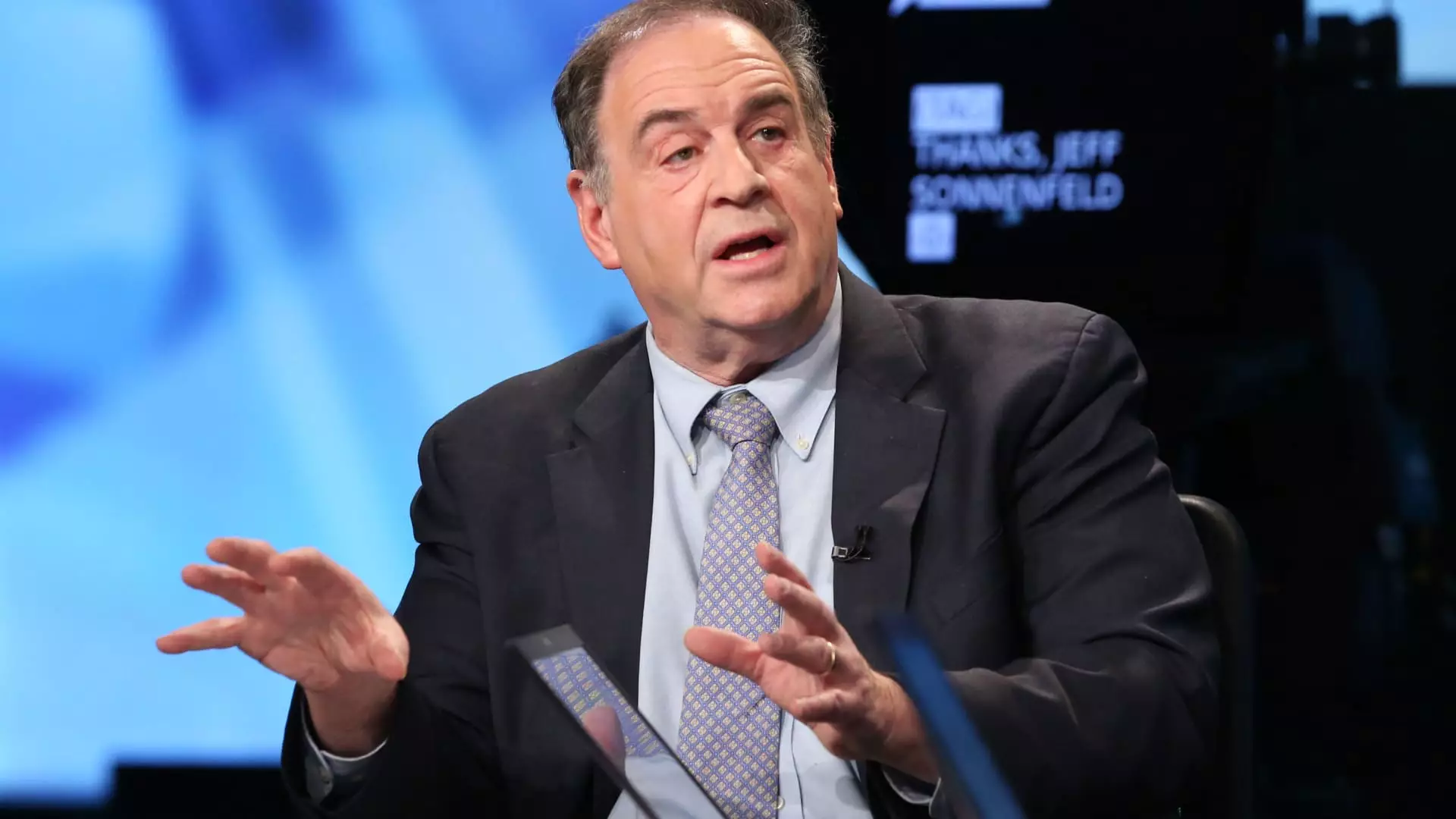In recent years, activist investors have faced defeat after defeat in proxy fights, with notable losses at companies like Disney and Norfolk Southern. This trend has led to questions about whether activist investors are losing credibility and power in the corporate world. The original activists who paved the way for governance reforms are distinct from the activist investors of today, who are being scrutinized for their lackluster performance and questionable tactics.
The noble mission of genuine activist investors, such as Ralph Whitworth and John Bogle, has been overshadowed by the profit-driven strategies of many modern activists. While the original activists focused on accountability, transparency, and shareholder value, today’s activists often prioritize short-term financial gains at the expense of long-term growth. This shift in focus has eroded the credibility of activist investors and raised concerns about their true motives.
The hijacking of the activist movement by “greenmailers” has further complicated the landscape of shareholder activism. Greenmailers, who use the threat of takeovers to manipulate companies into buying back shares at inflated prices, have tainted the reputation of activist investors who genuinely seek to create value for shareholders. The divergence in the approaches of original activists and modern greenmailers has created confusion and disillusionment among investors.
Recent data shows that activist investors have consistently lost proxy fights at large publicly traded companies, despite significant financial investments in these campaigns. Shareholders are increasingly questioning the effectiveness of proxy fights, which are expensive, divisive, and often inconclusive. The streak of defeats in proxy fights has led many to wonder whether these engagements are worth the time and resources they require.
Proxy advisors, such as ISS and Glass Lewis, have come under scrutiny for their biased recommendations in high-profile proxy fights. The credibility of these firms has been called into question by business leaders like Jamie Dimon, who believe that their influence is disproportionate and their information is often inaccurate. Proxy advisory firms, which were originally designed to protect investors from greenmailers, have been criticized for prioritizing activist agendas over long-term shareholder value.
While not all activist investors operate in the same manner, the overall reputation of activist investors is at risk due to their declining financial performance and public backlash against their tactics. Investors must remain vigilant against deceptive practices disguised as noble activism. As the landscape of shareholder activism continues to evolve, it is essential to differentiate between genuine efforts to improve corporate governance and opportunistic behavior driven by greed.
The changing landscape of activist investors reflects a broader shift in the nature of shareholder activism. The blurred lines between genuine activism and profit-driven tactics have raised concerns about the credibility and effectiveness of activist investors in today’s corporate world. As stakeholders navigate this evolving landscape, it is crucial to remain vigilant against deceptive practices and prioritize long-term shareholder value over short-term gains.


Leave a Reply